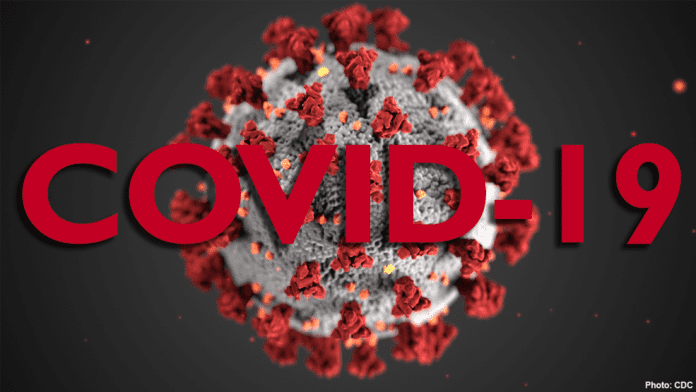2020 has been defined by a single issue – the novel coronavirus and the associated lockdown. In order to prevent the virus from spreading, we’ve drastically curtailed our personal freedoms, forced businesses to close, and borrowed colossal sums of money, all with the approval of much of the population.
Despite this, there have been more than a million reported cases of coronavirus in the UK, and more than forty-thousand deaths. Gauging exactly how many people have had it is difficult, given that we don’t know exactly what proportion of carriers are asymptomatic.
But in some cases, hospitalisation is necessary – and in a minority of these cases, patients need close monitoring and help with breathing in order to effectively manage the condition and make a recovery.
Of course, once you’ve been released from the hospital, your recovery is far from over. Let’s take a look at the steps you might take to get yourself back to health after your run-in.
Expect Symptoms to Persist
Patients tend to be discharged from hospital before they’ve made a full recovery. Symptoms may persist for eight weeks. These might include a more long-term loss of smell and taste, a chronic cough, chest tightness and diarrhoea. It’s important to remember that these problems are overwhelmingly likely to get better with time – but that a full recovery may take years. Give your body a chance to recover.
Review the Care you’ve received
We’ve all appreciative of the role that the NHS has played in fighting the pandemic. But the NHS is not perfect – if the quality of care fell below the accepted standard, you may want to contact a medical negligence solicitor. This is a right that’s enshrined in the values of the NHS.
Look after your Mental Health
A stay in hospital can be a traumatic experience, both for the patient and for any loved ones who might have been forbidden from coming into contact with them. Covid-19 is a potentially fatal disease and the possibility of death can have a psychological impact that’s worth facing down and managing. Chronic germaphobia, PTSD and social anxiety can all arise or be heightened following such an illness. Therefore, it is imperative that you consider the mental wellbeing of yourself and the people around you.
Look after your Physical Health
The pace at which you resume exercise will depend on the severity of your encounter with Covid-19. It’s unrealistic to expect to go straight into long-distance running when your lungs are still recovering. But you might still go for short, daily walks. Listen to the signals given to you by your body and be sure to eat well.
Assume that you can get it again
We don’t know how much protection you have against re-contracting the virus once you have overcome it. It would be a mistake to assume that you’re now immune – make the opposite assumption instead and wait for the vaccine to come. There have been several promising trials from multiple vaccines, but until they’re rolled out, we still have every reason to be vigilant.
Help keep news FREE for our readers
Supporting your local community newspaper/online news outlet is crucial now more than ever. If you believe in independent journalism, then consider making a valuable contribution by making a one-time or monthly donation. We operate in rural areas where providing unbiased news can be challenging. Read More About Supporting The West Wales Chronicle























